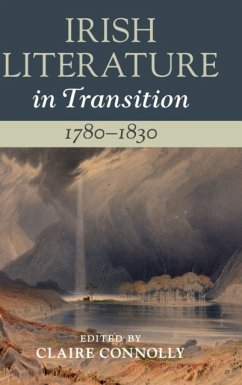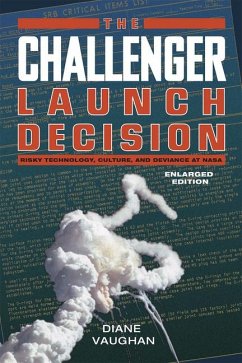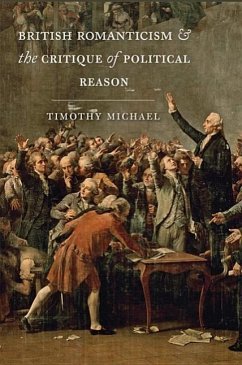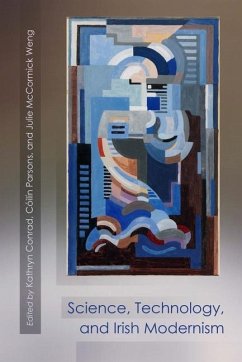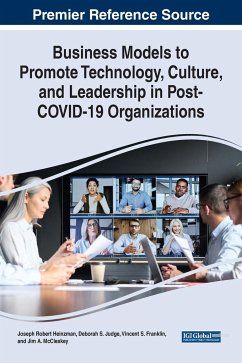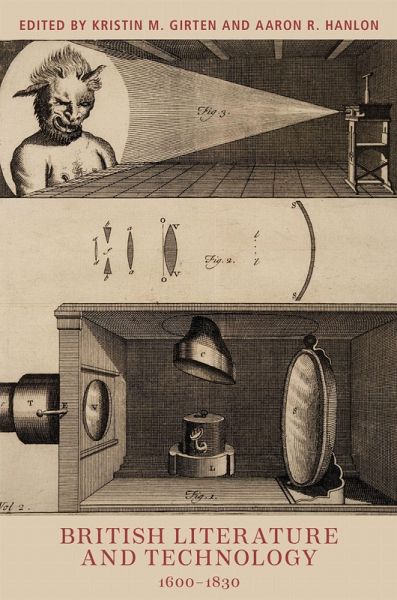
British Literature and Technology, 1600-1830

PAYBACK Punkte
18 °P sammeln!
British Literature and Technology, 1600-1830 examines the relationship between literature and technology in two directions: not only the impact of technology on Enlightenment British literature, but also the impact of literature on conceptions of, attitudes toward, and implementations of technology in the period.




